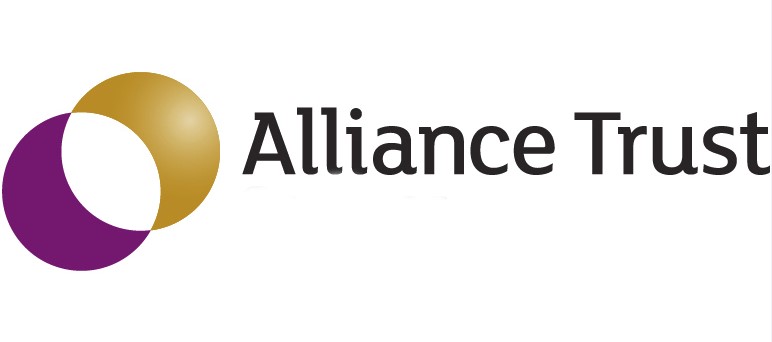All change at Alliance Trust

Significant changes have been announced at Alliance Trust (ATST) following the intervention of an activist investor. The fund has been through a difficult time, but ineffective corporate governance meant that it needed someone from outside the company to really shake things up.
Alliance Trust is the second largest investment trust operating in the global sector, yet the shares trade on an 11% discount to NAV, which is one of the widest discounts in its peer group. Over the last 10 years the self-managed fund has returned just over 108% whereas the sector average is up at 119%.
ATST holds around 65 UK and international shares, which are complemented by a small exposure to fixed income. The manager describes it as a high quality, lower risk portfolio.
In March 2015 a US activist investor, Elliott Advisors, nominated three independent non-executive directors to the Board of Alliance Trust ahead of its AGM in April. At the time it owned 12.5% of the issued share capital and this allowed it to get two of them appointed despite initial opposition.
One of the measures that they helped to approve was a strategic review to look into various areas of the fund. This involved extensive consultation with shareholders and has just concluded with the announcement of a number of major changes.
The first of these is that the Board will be made up of six independent non-executive directors and there will be no executive directors whatsoever. Katherine Garrett-Cox, the CEO, will step down from the Board and will take charge of one of its subsidiary businesses.
Another significant move is the introduction of greater transparency to the investment mandate. The annual management charge will be reduced to 0.35% and the incumbents will be expected to beat the MSCI All Countries World Index by at least 1% per annum. If they fail to meet their target on a consistent basis the Board will consider appointing external managers to replace them.
Investors will also appreciate the plan to reduce the discount to less than 10% via the active use of share buybacks and the reaffirmation of a progressive dividend policy that has resulted in an 11% increase in the dividend.
The changes have only just been announced so it is too early to tell whether they will result in improved performance, but they appear well thought out. A lot will depend on whether the investment managers can deliver some decent returns and this could take several years to demonstrate one way or the other.
Elliott Advisors have increased their stake to 14% and will be watching developments closely. If things don’t go to plan there could be more significant changes ahead, although they have said that they will not rock the boat before the next AGM in May 2016.
Comments (0)